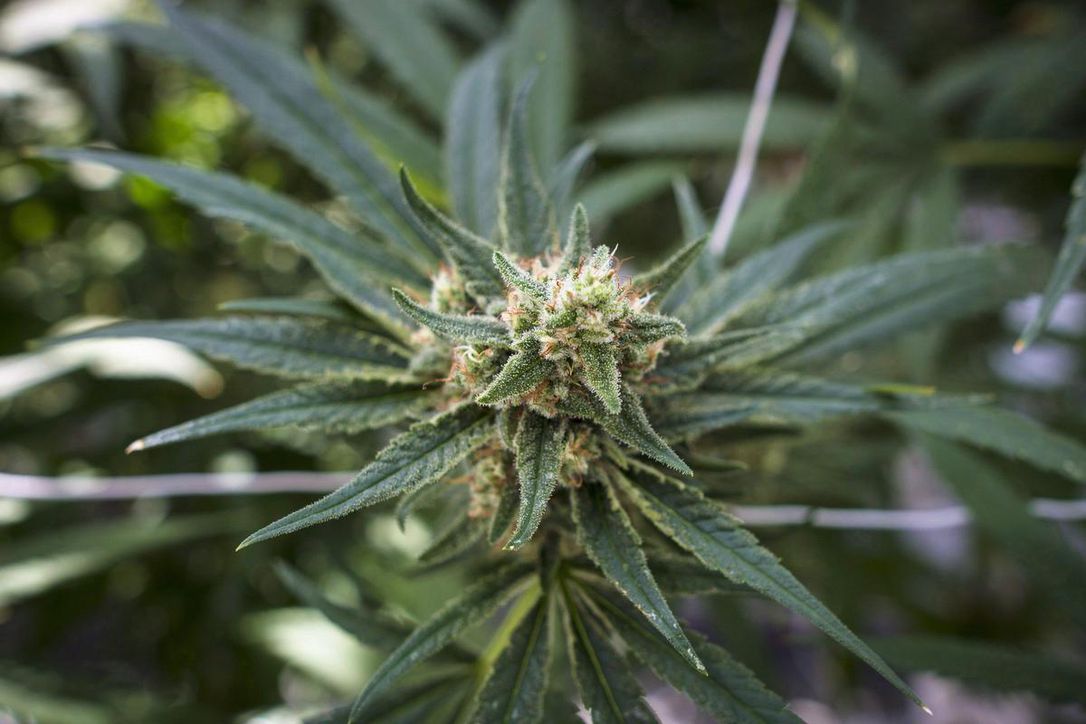You are here
Home 🌿 Regional 🌿 North America 🌿 Canada 🌿 Edmonton pot grower teams with University of Alberta to turn waste into energy 🌿Edmonton pot grower teams with University of Alberta to turn waste into energy

EDMONTON—An Edmonton-based cannabis company is partnering with the University of Alberta to make the green stuff even greener.
Atlas Growers announced the Cannabis Waste Project partnership Wednesday, which will develop strategies for the on-site treatment and handling of cannabis waste that could convert it into electricity.
The project will also explore solutions to responsible water management practices in cannabis production.
“Take the buds off, you’re left with a bunch of different fibre there, what are you going to do with it?” said Jim Hole, VP of cultivation with Atlas.
“We want to be at the forefront of the research on this and see if we can take that product and utilize it for other purposes. So the only way to do that is to get these top-notch researchers from a top-notch institution like the U of A to collaborate with them on it.”
The partnership will operate under the provincial Alberta Innovates Climate Change Innovation and Technology Framework (CCITF) and the Clean Technology Development (CTD) program.
Hole said university researchers and grad students will do work at the Atlas facility and bring product back to the U of A.
The first crop will go in later this month at Atlas, and Hole hopes to have some waste-reduction measures in place before it goes to market.
Atlas is near completing its 38,000-square-foot production facility near Lac St. Anne, northwest of Edmonton.
The company plans to roll out the facility in three phases, eventually exceeding one million square feet, which would be bigger than the 800,000-square-foot Aurora Sky facility on the Edmonton International Airport land.
In March, Atlas reached a deal with ATB Financial that made it one of the first cannabis companies in North America to get financing from an accredited financial institution.
The company raised $10 million in private capital for the first phase of its production facility. Under the financing deal, ATB agreed to provide the remaining $6.25 million, allowing the company to produce roughly 80,000 kilograms of cannabis per year.
420 Intel is Your Source for Marijuana News
420 Intel Canada is your leading news source for the Canadian cannabis industry. Get the latest updates on Canadian cannabis stocks and developments on how Canada continues to be a major player in the worldwide recreational and medical cannabis industry.
420 Intel Canada is the Canadian Industry news outlet that will keep you updated on how these Canadian developments in recreational and medical marijuana will impact the country and the world. Our commitment is to bring you the most important cannabis news stories from across Canada every day of the week.
Marijuana industry news is a constant endeavor with new developments each day. For marijuana news across the True North, 420 Intel Canada promises to bring you quality, Canadian, cannabis industry news.
You can get 420 Intel news delivered directly to your inbox by signing up for our daily marijuana news, ensuring you’re always kept up to date on the ever-changing cannabis industry. To stay even better informed about marijuana legalization news follow us on Twitter, Facebook and LinkedIn.




